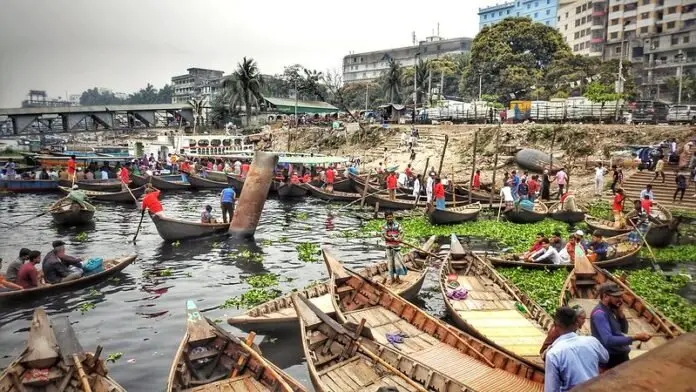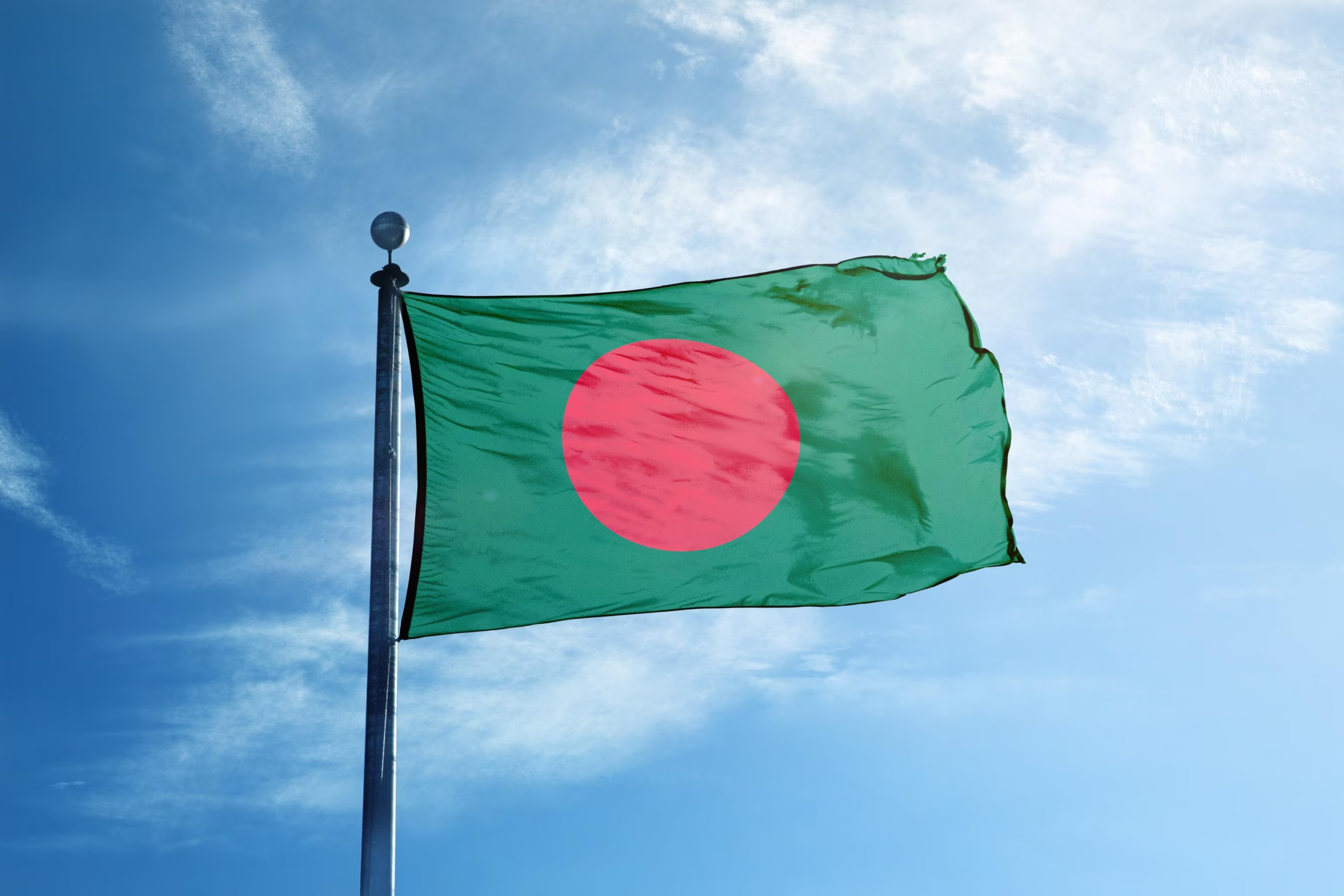The Economic Landscape of Bangladesh: Challenges and Opportunities
The economy of Bangladesh is currently navigating a precarious landscape, marked by a combination of enduring structural issues and emerging challenges. While there have been recent improvements in exports and remittances, the country grapples with macroeconomic instability, soaring inflation, and political unrest, all of which threaten the prospects for sustainable growth and recovery. Addressing these critical challenges necessitates well-coordinated strategies and comprehensive reform initiatives aimed at stabilizing the economy and fostering resilient growth.
Macroeconomic Instability and Persistent Inflation
Despite expectations of recovery, macroeconomic instability remains a significant concern, undermining confidence in the economy. Inflation continues to hover at elevated levels, eroding real incomes and exacerbating financial vulnerability among the populace. Over the past two years, the Bangladesh Bank has repeatedly raised interest rates in an attempt to combat inflation, increasing the repo rate 11 times since May 2022. However, the effectiveness of these measures has been limited, as inflation remains stubbornly high.
The strategy of controlling inflation through demand contraction via higher interest rates has come under scrutiny, particularly given the marginal impact on actual inflation levels. This approach risks stifling private investment, which is crucial for economic recovery. Additionally, the recent decision by the Bangladesh Bank to inject Tk 22,500 crore into six struggling banks through money printing raises concerns about further inflationary pressures. A more effective approach to inflation control requires better coordination among monetary policy, fiscal measures, and domestic market management. Timely reductions in taxes and duties on essential imports, alongside robust regulation of anti-competitive practices, are essential to address the underlying causes of inflation.
The Political Economy of Law and Order
The economic uncertainty is compounded by a deteriorating law and order situation, characterized by rising political conflicts and social unrest. This instability creates an environment that deters investment and hampers economic activities. Disruptions in supply chains and labor productivity, coupled with increased operational costs, further exacerbate the challenges faced by businesses. Despite repeated assurances from policymakers regarding the restoration of law and order, tangible progress remains elusive.
Labor unrest, particularly in the ready-made garment (RMG) sector, poses a critical threat to the economy. Ongoing disputes over wages, benefits, and working conditions could tarnish the sector’s reputation and diminish its export competitiveness. The impending graduation from Least Developed Country (LDC) status in 2026 adds another layer of pressure, as preferential market access may be jeopardized, further squeezing profit margins for exporters already grappling with operational disruptions.
While recent months have seen positive trends in export and remittance inflows, sustaining this growth hinges on a stable political and economic environment. The ongoing political conflicts and social unrest are so severe that any gains could be swiftly undermined by the uncertainty that deters buyers and investors from engaging with the Bangladeshi market.
The Uncertain Path of Reform Initiatives
The interim government has expressed a commitment to initiating reforms across critical economic and political domains. However, the success of these reforms is contingent upon building a consensus among key stakeholders, including competing political factions and bureaucratic entities. Addressing high levels of non-performing loans and weak governance is vital for restructuring the banking sector and restoring financial stability. Similarly, tax reforms are essential for enhancing revenue generation and reducing reliance on foreign borrowing.
Without a cohesive consensus among stakeholders, the reform agenda risks becoming fragmented and contentious, leading to limited progress in crucial areas such as taxation, banking, public expenditure, and institutional governance. The presence of entrenched interest groups that wield significant influence may further obstruct these necessary changes, undermining the reform process and deepening public disillusionment with governance.
A Path to Economic Recovery and Sustained Growth
To place Bangladesh on a sustainable growth trajectory, several measures are essential. First, enhancing coherence among monetary policy, fiscal measures, and market regulation is crucial. Establishing an empowered coordination body can ensure that inflation control policies address both demand and supply-side factors effectively.
Second, comprehensive reforms across economic, political, administrative, and judicial domains are necessary to foster good governance and restore public confidence. Encouraging openness and participation in policymaking processes can help build consensus and mitigate resistance to change. The interim government should outline clear roadmaps for these reforms and invite stakeholder input.
Third, addressing the deterioration in law and order is imperative. Facilitating dialogue between political and social groups can help create a more stable environment conducive to economic activities. Additionally, establishing a clear roadmap for upcoming elections can foster a conflict-free atmosphere.
Fourth, policymakers should facilitate negotiations between labor groups and employers to resolve disputes and ensure adherence to international labor standards. Promoting innovation and diversification across sectors will also be vital in preparing for the challenges that lie ahead after LDC graduation.
Fifth, reducing dependence on the RMG sector and remittances by nurturing other potential export sectors is essential. This will require addressing sector-specific challenges and lowering the high cost of doing business.
Finally, vulnerable populations must be shielded from inflationary pressures through targeted subsidies and social safety nets. This approach will help maintain domestic consumption and prevent sharp increases in poverty levels.
Bangladesh stands at a critical crossroads, where the trajectory of its economic future depends on how effectively policymakers confront current challenges. The interplay of economic instability and political strife, coupled with weak governance, necessitates a multisectoral approach that prioritizes reforms, stability, and inclusivity. The time to initiate this transformative process is now, as the costs of inaction are too high for a nation striving to secure its economic future.


